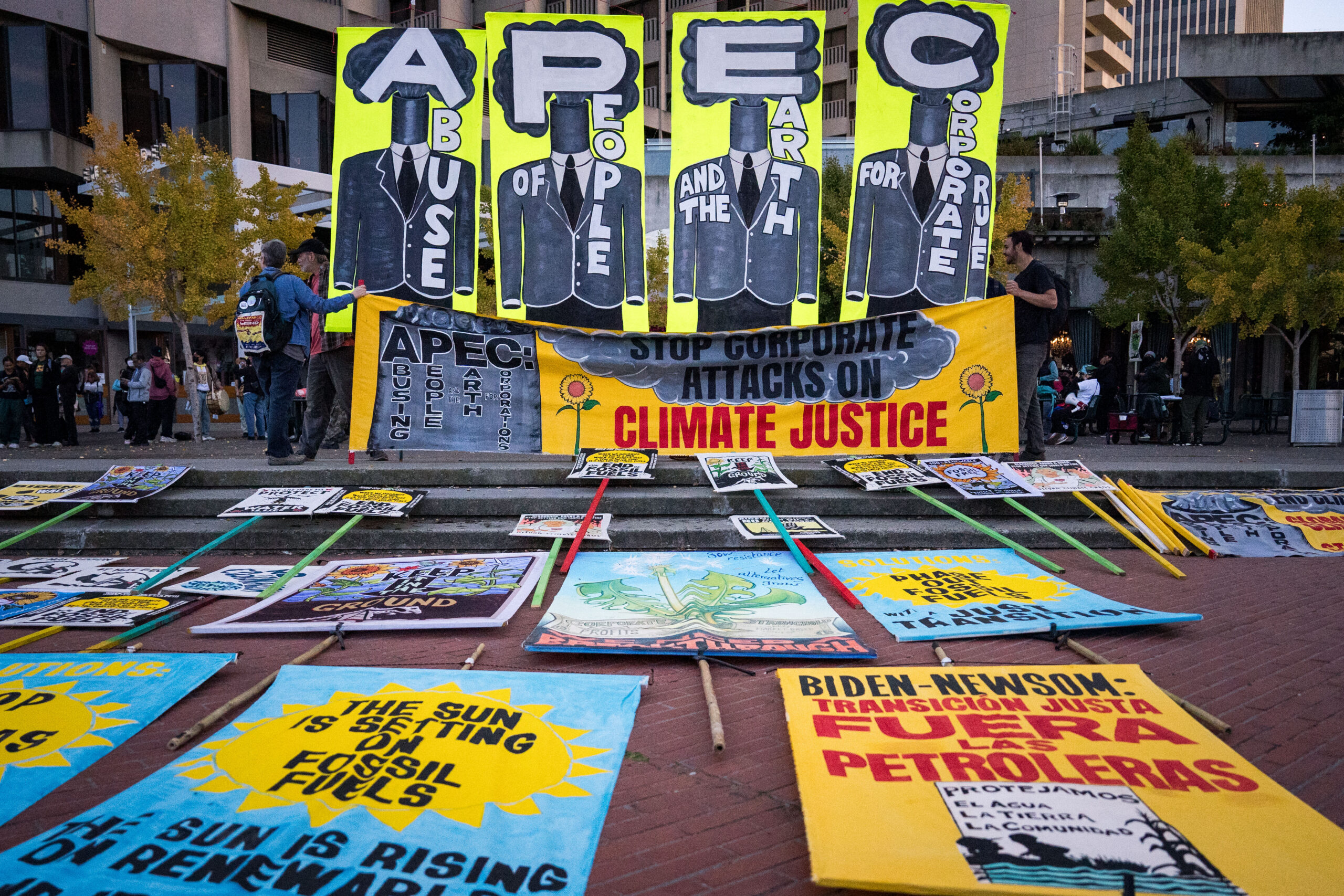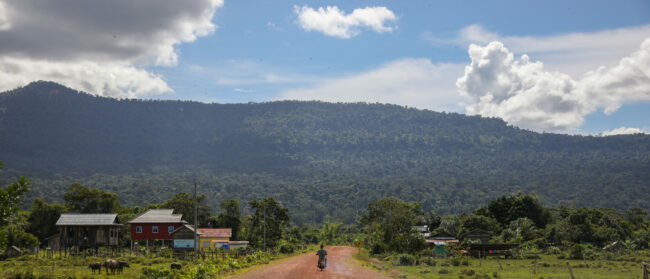In Vietnam, however, advocates of environmental, climate, community and workers’ rights are unable to weigh in, instead facing threats, intimidation and arbitrary arrest. Discussions about Vietnam’s $15.5 billion Just Energy Transition Partnership (JETP) are happening behind closed doors – between banks, government officials and corporations. Concerned members of civil society have no opportunity to provide meaningful feedback or input, or to engage freely with colleagues in other countries where similar plans are moving ahead.
Six prominent advocates of climate and energy justice have been arrested and detained in Vietnam for their efforts to help wean the country from coal. Among them is environmental justice lawyer Dang Dinh Bach, who is serving a five-year prison sentence. Bach was the founder and director of the Law and Policy of Sustainable Development Research Centre, where he dedicated his life to the public health of marginalised communities. The UN Human Rights Council Working Group on Arbitrary Detention released an opinion earlier this year regarding Bach’s imprisonment, finding it a “violation of international law” and expressing concerns about a “systemic problem with arbitrary detention” of environmental defenders in Vietnam.
Another leading defender of climate justice in Vietnam, Hoang Thi Minh Hong, founder of the environmental group CHANGE VN, was recently sentenced to three years in prison. To date, the United Nations, United States, United Kingdom and European Union have all released statements condemning her recent conviction and sentencing.
It is in this context that we urge multilateral development banks like the ADB and World Bank, along with donor governments, not to bulldoze ahead with the plans for implementing the JETP or associated projects. Doing so would mean acting as complicit bystanders in the silencing and reprisals faced by community rights, workers’, environmental and climate advocates.
Elsewhere in the region, including the Philippines and Indonesia, ADB and World Bank Group plans to dole out hundreds of millions of dollars in public funds, to enable coal companies to refurbish or retire their facilities, have been heavily criticised by environmental, climate and social-justice groups. Though these schemes are labelled as contributions to a Just Transition – and are explicitly being considered as part of the JETP arrangements in Indonesia – the reality is that project operators are not being held culpable for the harm and damage wrought by their coal-fired power plants on community livelihoods, workers’ health and the environment.
Clear promises to retain or provide dignified retirement packages and redress for health impacts for workers remain nonexistent, and proposals for “green jobs” lack commitments that would ensure core labour rights as per international conventions. Instead, the plans being put in place prioritise “repurposing” rather than decommissioning coal plants – allowing facilities that once burned coal to be refurbished to rely upon burning other resource-intensive, high greenhouse gas-emitting fuels such as woody biomass or waste. Meanwhile, workers and residents in surrounding communities will still be left to face the prospect of working and living in areas where the air, land and water are contaminated.
Alarmingly, it appears the same model of “repurposing” coal facilities will be proposed for financing under the Vietnam JETP. Plans moving forward in the name of Just Transition are being backed by a powerful set of corporate and financial actors. In response, civil society, community groups and workers’ alliances across the region have consistently called for banks and donor governments to establish clear commitments – to ensure there are safe spaces where people can voice concerns and provide feedback, to inform the planning process before plans move to the implementation phase.
The high-level political declaration announcing the JETP in Vietnam affirmed the importance of consultation with diverse stakeholders, including NGOs and civil society, to achieve a “broad social consensus” on the country’s energy-transition pathway. But the disabling environment for civil society and community-based groups in Vietnam means it is impossible to engage meaningfully in any consultative processes, free of the fear that another of their representatives may be next in line to be arbitrarily detained, charged and imprisoned. The ADB and the World Bank Group also have clear provisions guaranteeing access to information, transparency and public participation enshrined in policy, none of which is possible in the current context in Vietnam.
Crucially, the Asia Pacific Climate Week and the gatherings associated with the Asia Pacific Economic Cooperation should be a time when both the ADB and World Bank Group finally “walk the talk” by issuing statements that offer support for the release of these environmental and human-rights defenders. More broadly, they must commit to suspending Just Transition-related planning processes and financing until there are safe, meaningful spaces for community, workers’ and civil-society groups to raise questions, concerns and grievances.
Meanwhile, mobilisation by civil-society groups outside of Vietnam, to secure the release of Bach, Hong and other incarcerated environmental and human-rights defenders, will continue. So, too, will collective efforts to advance processes, principles and practices of equitable, rights-based Just Transitions within, across and beyond the region.
Tanya Lee Roberts Davis is the Just Transitions Advocacy Coordinator at NGO Forum on ADB


